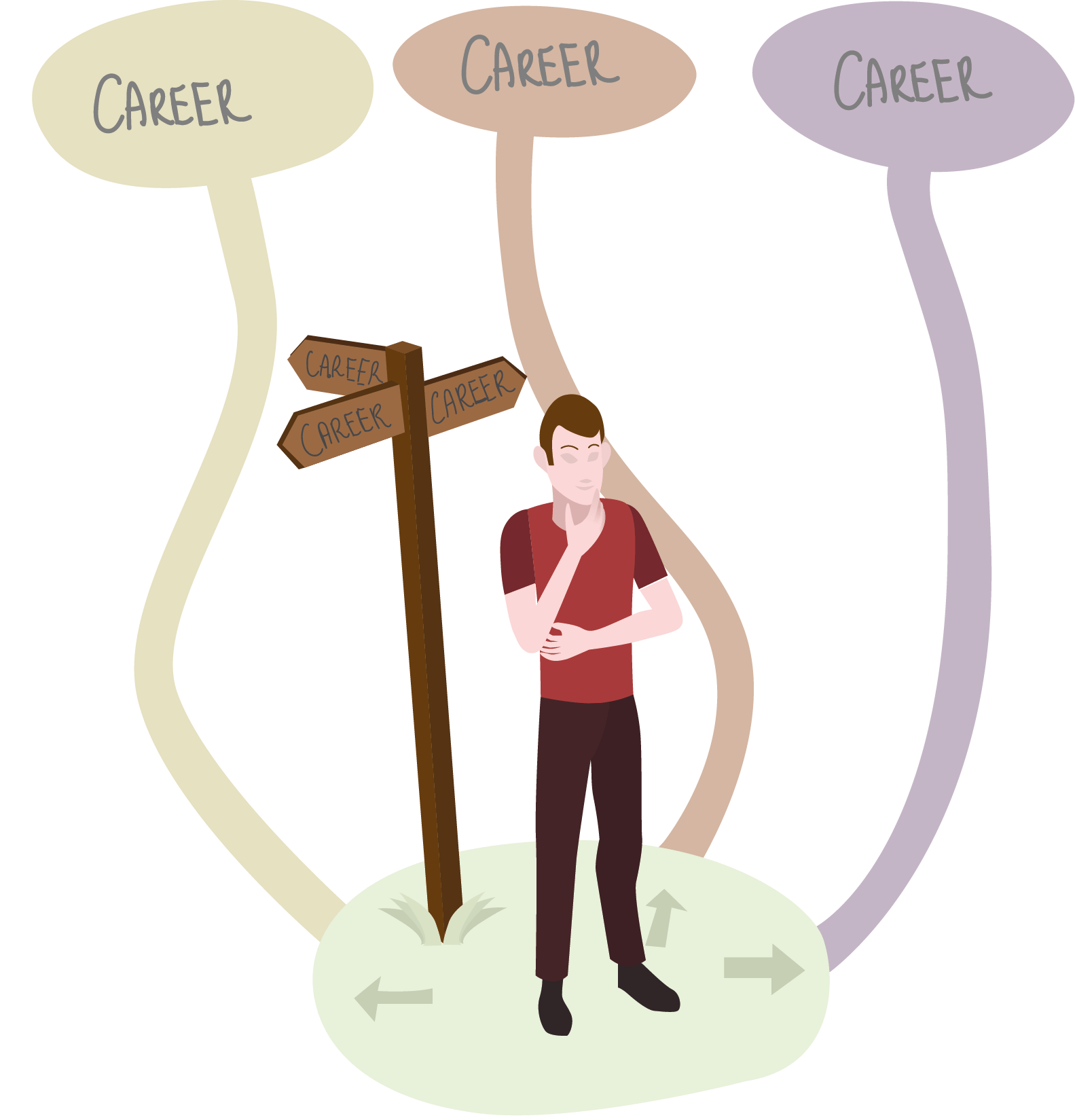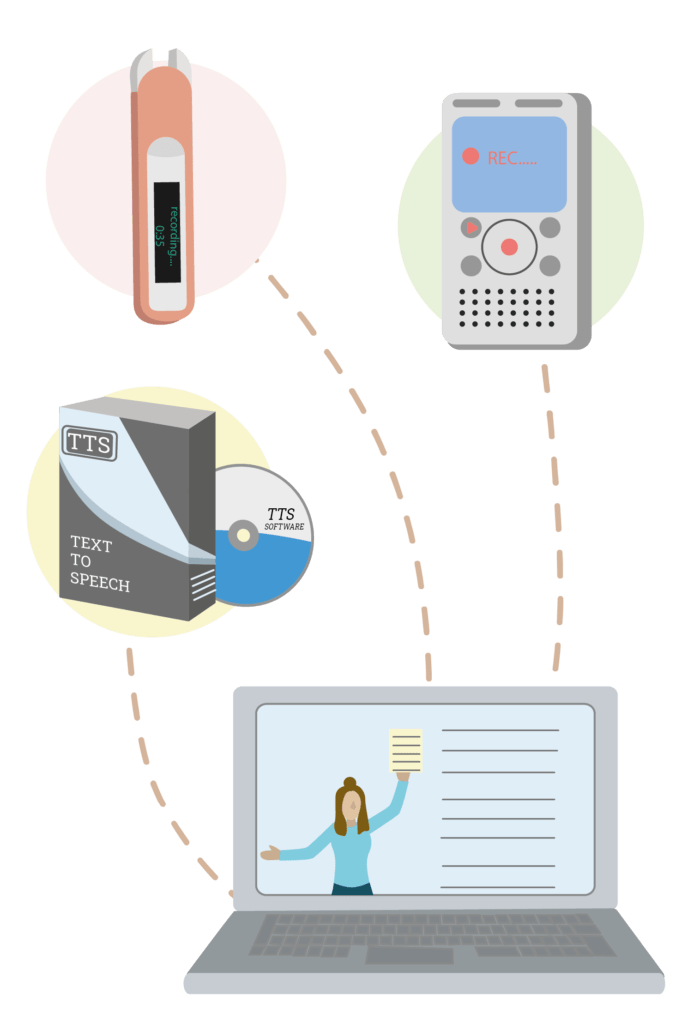Aviva and neurodiversity
We help our 18 million customers to save for the future and manage the risks of everyday life. To give these customers the best possible products and service we know we must make Aviva the most attractive choice for talented, entrepreneurial people with diverse backgrounds and an evolving range of expertise and insight.
So, we’re passionate about helping our 29,500 people to do the best work of their lives, to enable them to make a positive difference to the lives of our customers.
Spotlight Jobs at Aviva
Aviva's Values
Understanding Aviva’s values and being able to showcase how you align yourself to their values is incredibly important. It is an immediate way that recruiters and hiring managers screen out people who are unlikely to fit into the wider culture of their team.
Aviva Application Process
Step 1 - Apply for the job
Once you click on apply the vacancy page you will be taken to a workday page where
You will be asked to do the following;
- Update your CV
- Put in your contact information
- Social Media links (if applicable)
- Put in details on background information
Step 2 - Telephone Interview
This is an opportunity for Aviva to screen out candidates, and decide which candidates should go forward to further interviews.
This is the first chance that Aviva gets to see what you can bring to the role, and to understand your enthusiasm. It’s also a great opportunity to find out more about the role, and make sure it’s right for you!
What might be included:
- Questions on your CV and your application
- What is driving you to apply for this role
- Your motivation for joining Aviva
- Your values and beliefs
Step 3 - Psychometric tests
Dear ___
I have applied for [x] position and am incredibly excited about the opportunity. I am through to the online testing phase.
As a neurodiverse candidate I often find these tests difficult and would appreciate [extra time][testing via phone][reading materials in advance of the test].
Please could you help me to arrange this ahead of taking the test.
Many thanks,
[Your name]
Step 4 - Face to Face Interview
Depending on your role you will likely be asked to do at least one face to face interview with one or two people from the organisation.
What might be included:
- Competency Questions
- Situational Based Questions
- Motivational Questions
- Work Based Task
The type of questions asked may vary according to the role level i.e. for specialised roles you are likely to be asked more competency based questions than entry-level.
Career Paths

Types of careers at aviva
- Actuarial
- Customer Service
- Digital and IT
- Finance
- Human Resources
- Legal
- Marketing
- Procurement
- Risk
- Sales & Distribution
- Underwriting
Support Available

Workplace needs assessments
Workplace Needs Assessments provide the opportunity for an employee to express their experiences of work related barriers. A report is then produced to inform and educate Management and HR providing clear recommendations of reasonable adjustments.
Interim support
There are many occasions when a one-off intervention or support arrangement may be required. This can include scribing or supporting during an assessment or interview for specific candidates. It may be necessary to provide a workshop or seminar for colleagues in order to inform them of specific traits or behaviours that may be present and how best to assist the individual to reach their potential.


Assistive technology and training
There is a host of technology specifically designed to handle difficulties such as:
Personal mentoring for the improvement of fundamental skills.
We all have strengths and weaknesses. It can be very beneficial to chat things through with a mentor. Personal coaching or mentoring can assist with developing more robust strategies for addressing those less developed skill areas. Roche has a mentoring scheme available to all employees and Occupational Health experts for specific work-place improvements/adjustments. These employees are trained to support individuals with their individual needs, ranging from how to talk to colleagues and line managers through to time management and scheduling
You can book one here

Disclosure and self-advocacy
Disclosing to your HR department can be a key step in order to ensure that you have access to support and services. Even if you did not disclose face-to-face or explain on any initial Occupational Health documentation, it is never too late to inform HR of Neurodiversity just so that they are already aware if it becomes relevant in the future.
Disclosing to line management is highly recommended because it will allow you to candid in scheduled catch-ups. It will no longer be so out of place to express an issue or as embarrassing to request an unscheduled chat. This approach is just as helpful to line managers because it gives them the opportunity to appropriately address some issues that may otherwise be handled indelicately.
Disclosing to colleagues often occurs naturally over time but if a critical issue occurs before that point, the disclosure process can feel forced or negative. Even if your specific Neurodiversity is not shared, it can be a great help to inform others of any issues so that they can learn or understand any differences.
